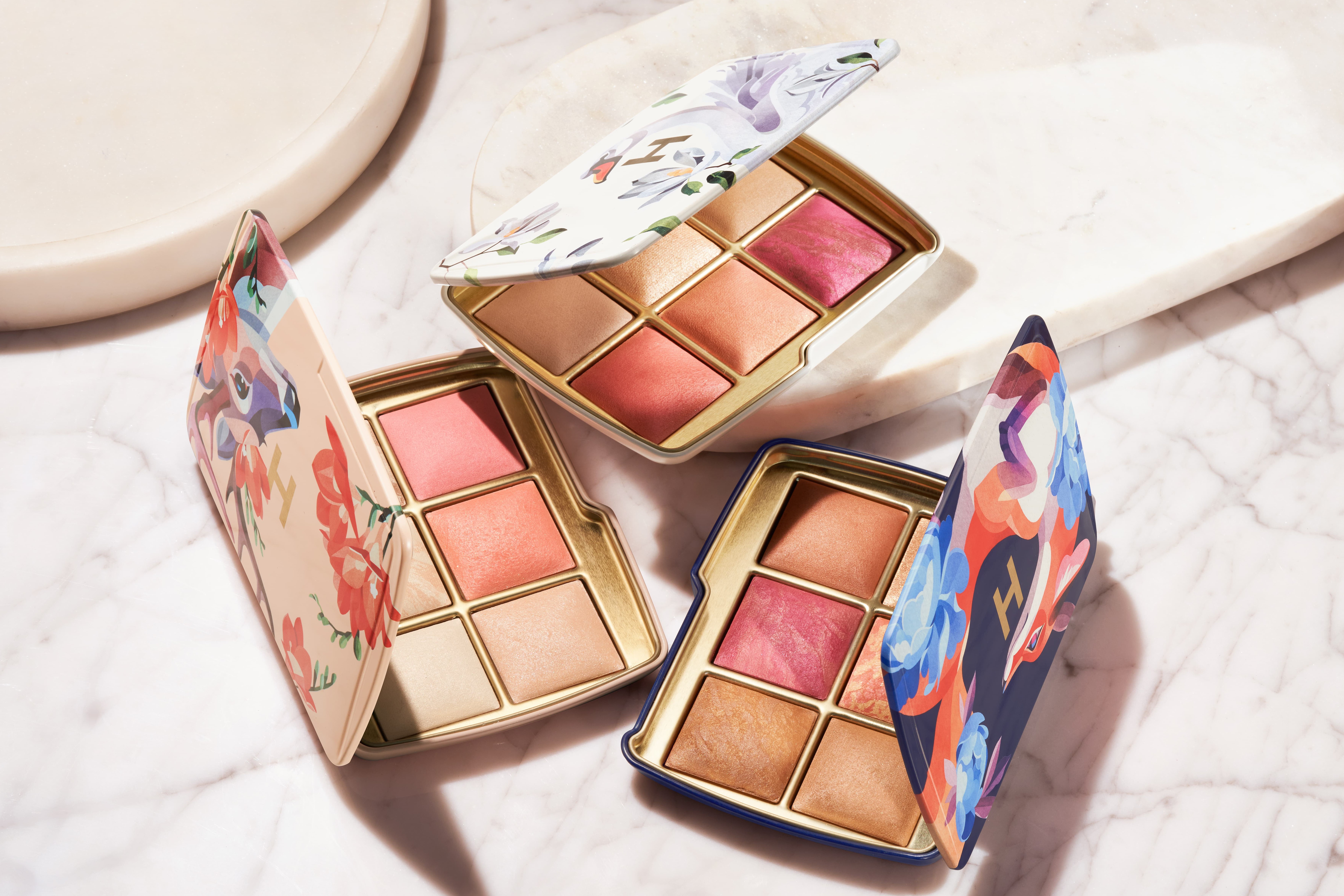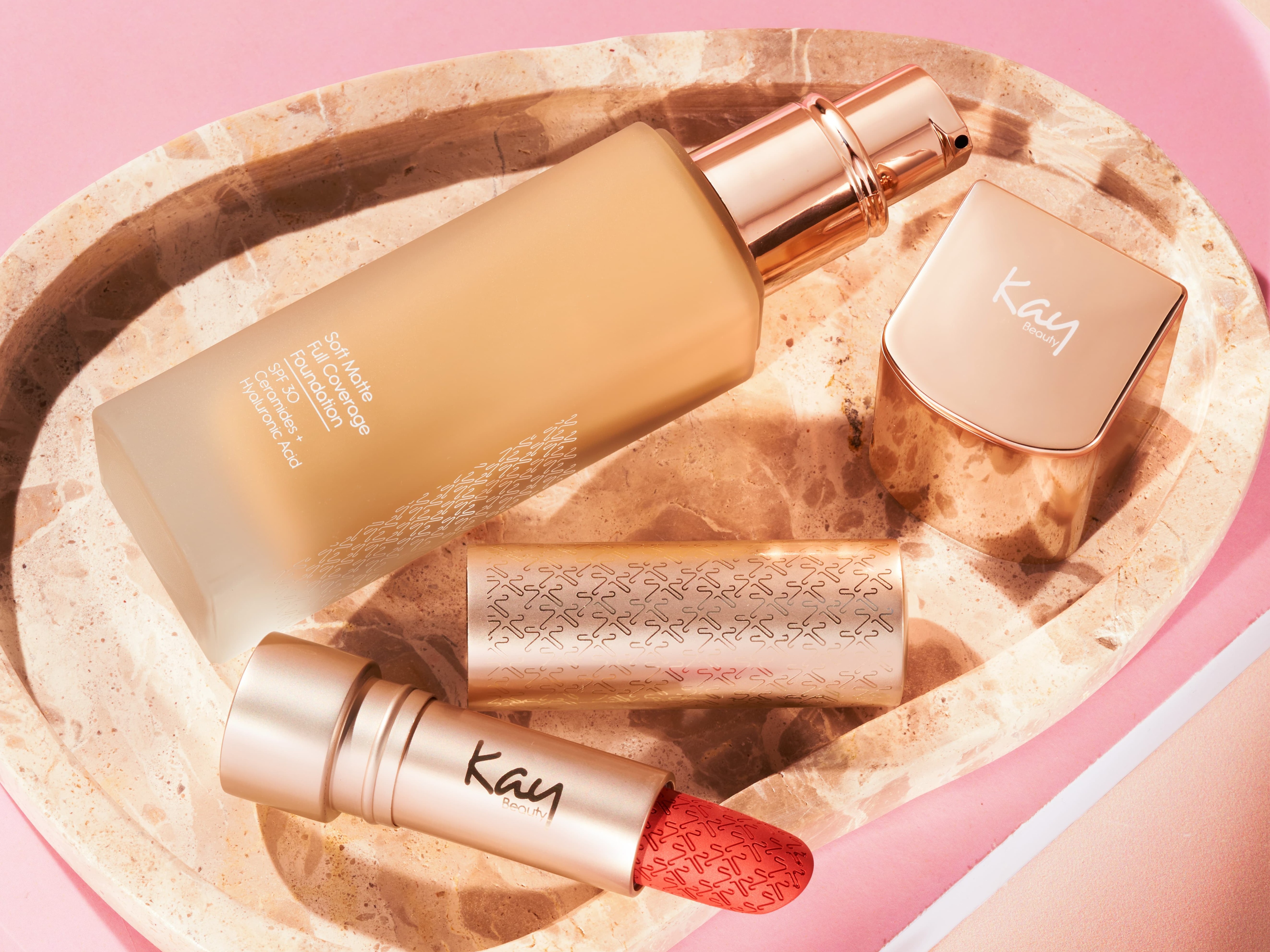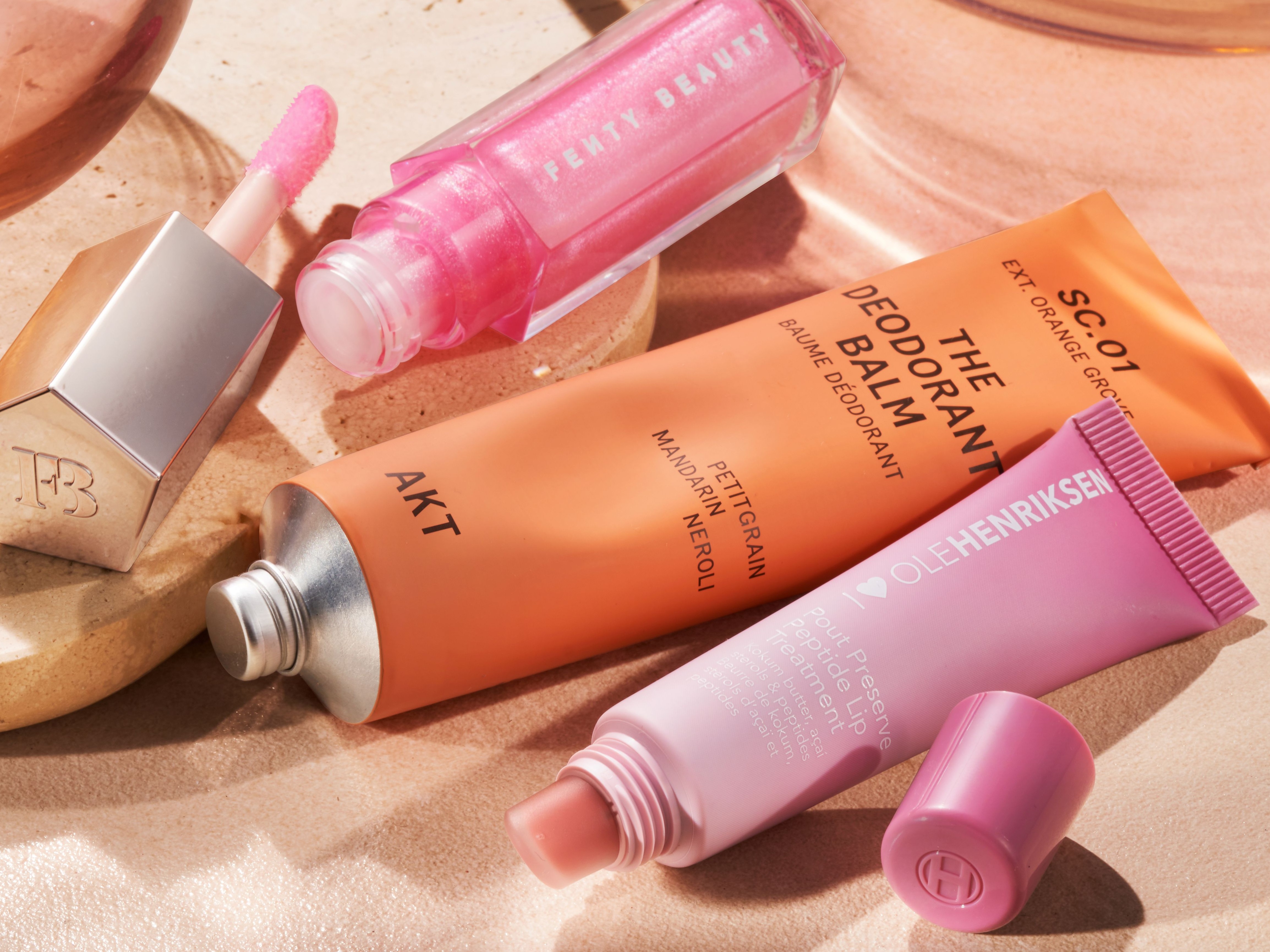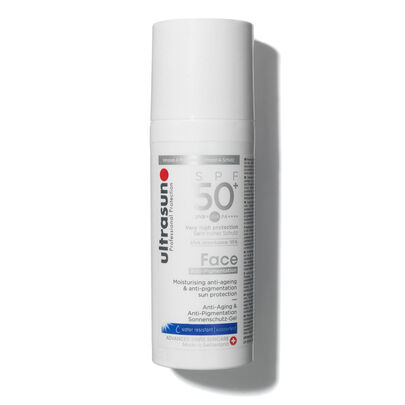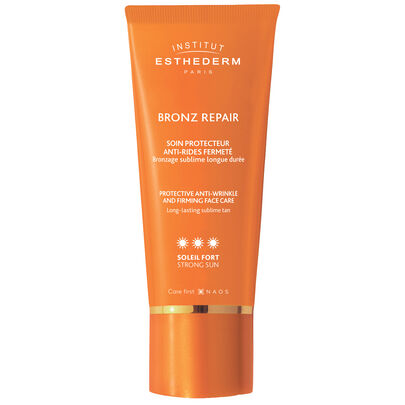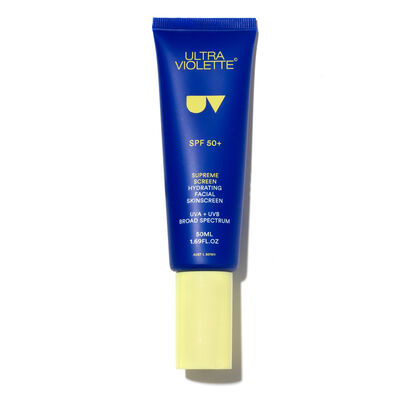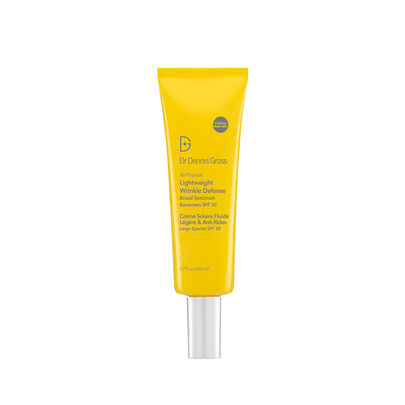7 Things Derms Want You To Know About SPF
How many of their points do you follow every day?
.jpg)
SPF Isn’t Just For Outside

Most of us are notoriously bad at wearing sunscreen and typically only use it during the summer months. “Regardless of whether you’re outside or not, it’s crucial to be wearing SPF as UV rays can still come through unfiltered glass in your car, home or office,” says consultant and professor of dermatology, Dr. Nick Lowe, who also strongly urges all skin tones to be wearing it. “Fairer skins may be more prone to burning and at a higher risk of skin cancer, but darker skins are more susceptible to pigmentation,” he adds. When it comes to ageing, all skin tones are affected equally.
The Difference Between UVA And UVB

The sun emits two types of harmful UV rays, UVA and UVB. “For UVA rays, think A for ageing and for UVB, think B for burning,” says dermatology nurse specialist, Natalie Fisher. “UVA rays are present all year round, can penetrate through glass and are the one of the biggest contributing factors to skin ageing, while UVB rays vary in intensity and are dependent on season, location and time of day. In the UK, they’re highest during the spring and summer.” UV levels aren’t related to temperature and colder days can still have damaging levels. Opt for a broad-spectrum sunscreen with an SPF of at least 30 and a UVA rating of 4 or 5 stars.
SPF In Makeup Is Not Enough

Your foundation or tinted moisturiser might have SPF in it, but you shouldn’t skip sunscreen. “If your makeup doesn’t contain UVA and UVB protection you won’t receive full protection,” says consultant dermalogist and brand founder, Dr Howard Murad. Your makeup is an extra layer rather than the full deal.
You’re unlikely to use enough either. “You really need to apply a liberal amount of sunscreen to cover the whole face and then apply your makeup as usual,” says New York-based consultant dermatologist and brand founder, Dr. Dennis Gross. The recommended amount is half a teaspoon and few of us wear that much base. If you want to skip a step, swap your usual moisturiser for a hydrating sunscreen instead.
Your SPF Has A Shelf-Life

“Over time the active ingredients in your SPF gradually lose stability and degrade, which means they stop working effectively and you are no longer getting the protection you need from them,” says consultant dermatologist, Dr Mary Sommerlad. The expiry date might be three years from now but check the shelf life when you open it. It’s found by the trash can logo on the back of your SPF. The digit next to the ‘M’ indicates the number of months you have to use it. Top tip? Take a marker pen and write on it the date you open it.
Cover All Exposed Areas

“When considering SPF, most people will think about their face but a relatively high proportion of skin cancers actually occur on other areas of the body, including your hands, ears and scalp,” says aesthetic doctor and brand founder, Dr. David Jack, who advises applying it to any visible skin. “UVA light particularly penetrates deeply into the skin and can cause accelerated ageing and pigmentation – something I see regularly on people’s hands.”
Expensive Doesn’t Mean Better

It can be tempting to think that the more you pay, the better the quality but not with SPF. “Expensive sunscreens may have more cosmetic elegance, but regardless of price point, sunscreen testing in the UK (in accordance with the EU) is standardised,” says consultant dermatologist, Dr Anjali Mahto. “This means that a budget sunscreen will offer the same degree of protection against the sun as a more expensive counterpart.” Opting for a more affordable SPF could be prudent as you will (or should) get through it fairly quickly if you’re using the correct amount every day.
Chemical vs. Mineral Is Personal Preference

The decision over chemical or mineral SPF is hotly debated. “It’s often said that mineral (or physical) sunscreens reflect UV rays and chemical formulas absorb them, but it’s worth noting that to some degree they both do the latter,” says consultant dermatologist, Dr. Justine. “There has been a lot of unnecessary scaremongering around chemical filters as consumers are suspicious of the word ‘chemical’, but they are strictly regulated and safe to use.”
If you have sensitive skin or suffer with rosacea or eczema, you might be better suited to mineral SPFs as some chemical filters can cause reactions. Mineral sunscreens have a reputation for feeling heavy and leaving a white cast, but that’s no longer the case thanks to the more advanced formulas.
Overall, it is generally a case of trial and error and personal preference. The best SPF is the formula that suits your skin, and you want to use every day.


